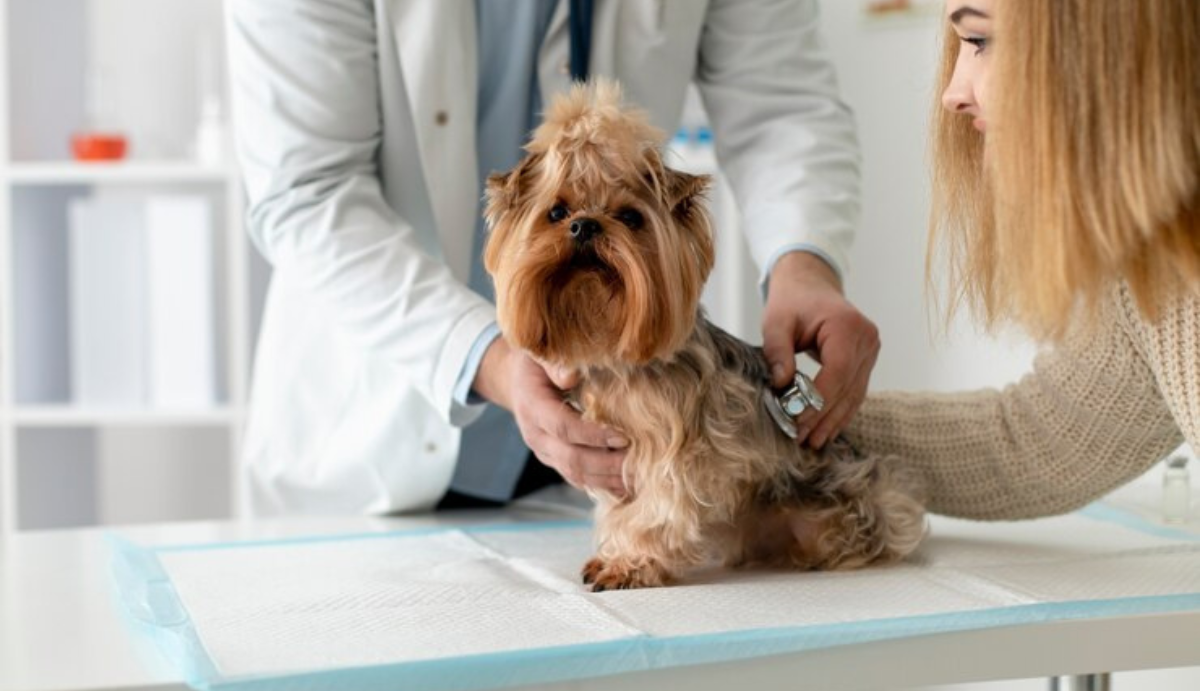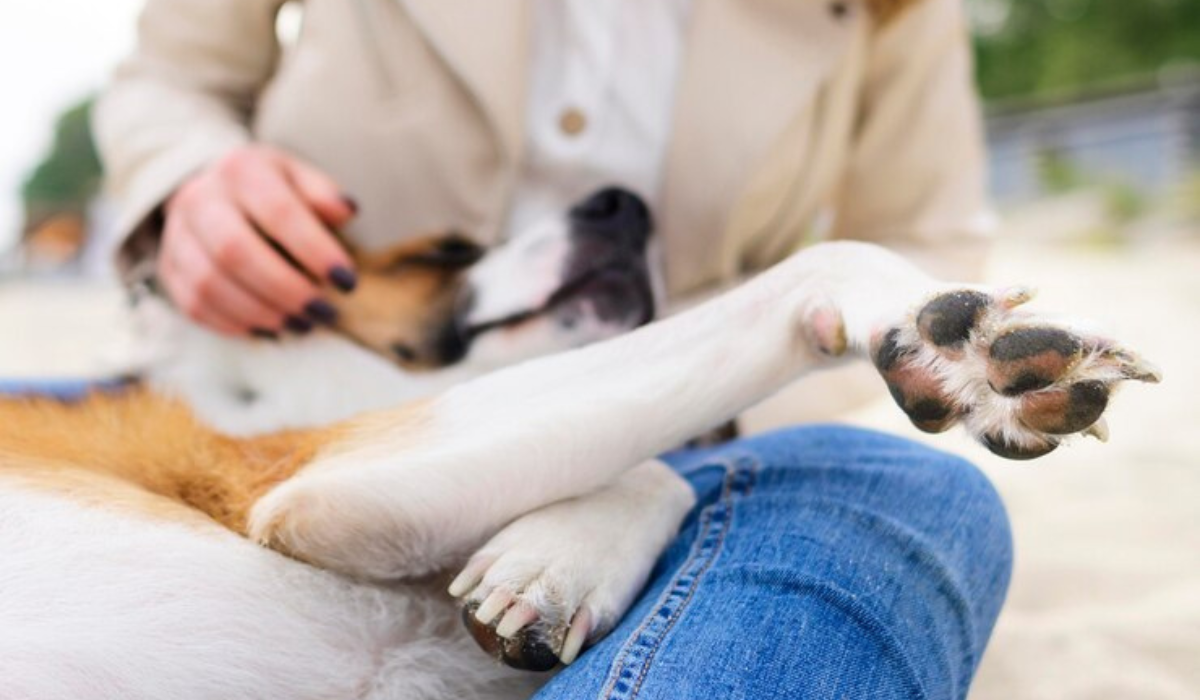The ability of cats to conceal pain makes detecting discomfort challenging for pet owners. Signs of pain in feline companions can be identified by observing changes in grooming, sleeping, and eating habits. Our article explores seven home remedies for cats in pain, emphasizing a holistic approach that combines natural solutions with professional veterinary care.
Cat pain symptoms include:
The first step toward finding a cure for cat pain is to recognize the signs. It is possible for cats to appear comfortable, but they may not show it outright. A cat’s behavior may change in subtle ways, such as agitation, restlessness, or altered posture. The importance of observing changes in grooming and bathroom habits cannot be overstated.
Here are some natural remedies for cat pain:
1. the pheromone:
-
The purpose of synthetic pheromones is to alleviate stress, which indirectly eases anxiety-related pain.
-
You can use pheromone sprays or diffusers to make the environment around your cat more appealing to your cat.
2. turmeric include:
-
Curcumin contains anti-inflammatory properties.
-
For optimum absorption, mix with a healthy fat; consult your veterinarian.
3. cold and heat therapy include:
-
Cold packs are used for recent injuries; heat therapy is used for chronic pain and joint problems.
-
Veterinary guidelines should be followed when using this product.
4.fatty acids in omega-3 are:
-
In fish oil or supplements, it reduces inflammation.
-
To determine the appropriate supplements and dosage, consult your veterinarian.
5. changes in diet:
-
To relieve joint pressure caused by obesity.
-
Follow a nutrition plan approved by your veterinarian.
6. supplements containing glucosamine and chondroitin:
-
Lubricate joints and prevent cartilage breakdown.
-
Depending on your cat’s needs, choose vet-approved supplements.
7. CBD oil include:
-
Anecdotal evidence suggests effectiveness for pain management; limited clinical research.
-
Consult your veterinarian before using any cat-specific products.
NSAIDs should be avoided:
It is important to avoid giving cats over-the-counter pain relievers without consulting your veterinarian, as nonsteroidal anti-inflammatories (NSAIDs) and acetaminophen can be toxic.
Veterinarian Consultation:
Consult your veterinarian if you suspect your cat is in pain. According to your cat’s specific needs and the underlying causes of pain, your vet will recommend a customized treatment plan.
Pet insurance is a good idea:
Pet insurance can cover the costs associated with veterinarian-prescribed medications and treatments, ensuring your cat receives necessary care without financial strain.
Putting safety first:
Home remedies can be effective, but they should not replace vet-prescribed treatments. Seek professional veterinary help for your cat’s wellbeing.
An integrated approach:
Cat pain can be managed holistically by combining natural remedies with regular veterinary care. In order to ensure your cat’s overall health, you should schedule regular checkups with your vet and maintain open communication with him or her.
Alternatives with a low cost:
In spite of the substantial annual spending on pets, DIY remedies with natural ingredients provide cost-effective alternatives. Owners of pets can benefit from these alternatives by reducing their financial burdens and promoting sustainability.
Remedies for Fleas:
Natural remedies extend beyond pain management to flea control as well:
-
Rub fresh lemon or orange juice on your pet’s fur to repel fleas.
-
When bathing, use gentle shampoo or natural dish detergent.
Flea prevention at home:
Deterring fleas requires a clean environment:
-
Use natural disinfectants and vacuum pet areas regularly.
-
To control outdoor flea populations, introduce beneficial nematodes to the garden.
Prevention of ticks:
There are a number of creative ways to keep your cat tick-free:
-
Apply Rose Geranium Oil to a dog’s collar to repel ticks.
-
You can make DIY protective gear for your dog by making leg warmers and booties.
Care for your pets:
It is essential to care for your cat’s paws, especially in harsh weather conditions:
-
Booties with double layers keep paws warm in the winter.
-
Keeping sore paws clean, moisturizing, and applying antibiotic ointment if necessary is the best way to treat them.
Solutions for Skin Irritation:
There are several natural solutions to skin irritations, including:
-
Spray Chamomile Tea on irritated skin to soothe it.
-
Relieve dry skin with vitamin E supplements or direct application.
Health of the Bowel:
Simple dietary additions can help maintain bowel health:
-
In cats, unsweetened cranberry juice prevents bladder and urethra issues.
-
It relieves constipation in older animals and aids digestion.
Vomiting induced by an emergency:
If vomiting is necessary in a critical situation, proceed with caution:
-
Consult your veterinarian if you need to administer hydrogen peroxide.
DIY remedies for common pet issues promote a more holistic and sustainable approach to pet care, offering natural, cost-effective solutions. Ensure your cat’s health is the top priority by consulting a veterinarian for severe conditions or uncertainties.









